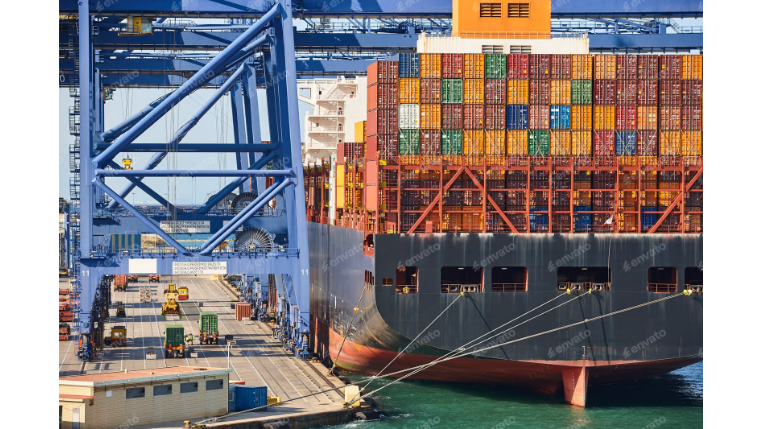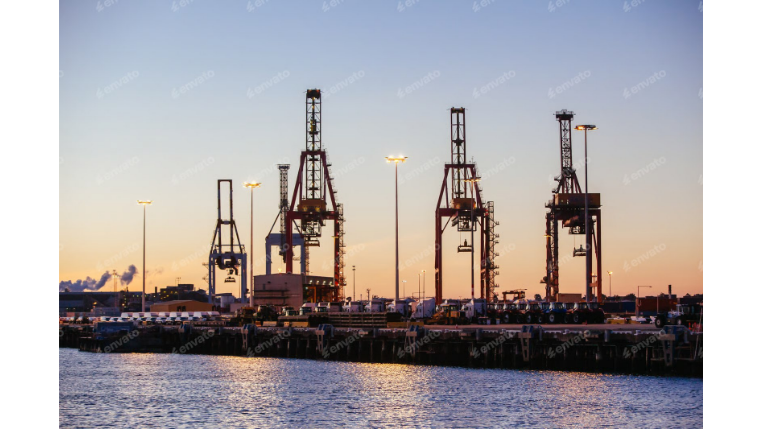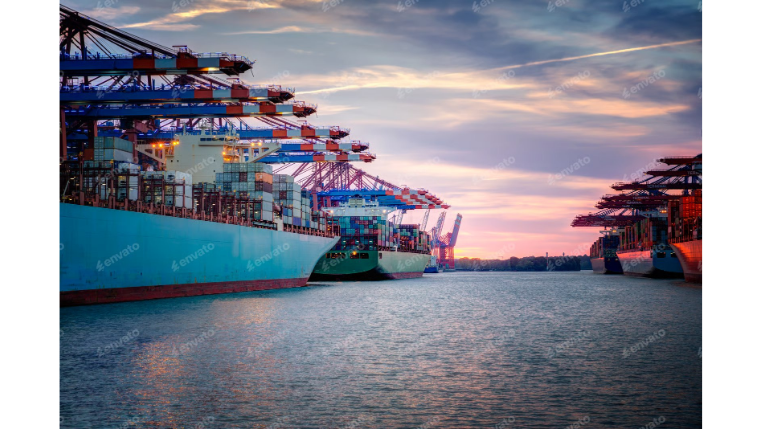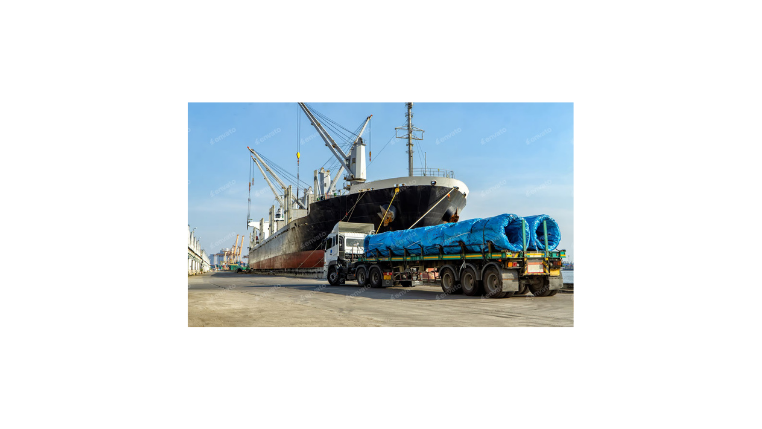Germany’s economic might is deeply intertwined with its advanced logistics network. As a central hub for European commerce, the nation's port infrastructure is a crucial component of the global supply chain, facilitating the flow of goods that drive industries and connect businesses to international markets. While Germany has numerous ports, a select few stand out for their massive cargo volume, strategic importance, and state-of-the-art facilities.
This guide provides a detailed overview of the Top 5 Major Ports in Germany, explaining their significance and unique contributions to both the national and global economy.
The Role of German Ports in European Trade
Germany's ports are more than just transit points; they are the lifelines of the nation's import and export economy. Their efficiency, advanced infrastructure, and robust connectivity to Europe's rail and road networks make them indispensable. These ports handle a wide variety of cargo, from containerized freight to specialized bulk and automotive shipments, serving as a critical link between global producers and European consumers.
The ability of these ports to integrate different modes of transport is a testament to the power of a modern intermodal transport system. This ensures that cargo moves seamlessly from ship to rail to truck, optimizing the supply chain for speed and cost-effectiveness.
The Top 5 Major Ports in Germany
These five ports are the pillars of Germany's maritime trade, each with a unique role in the country's economic landscape.
1. Port of Hamburg
Often referred to as the "Gateway to the World," the Port of Hamburg is Germany's largest seaport and the third-busiest in Europe. Located on the Elbe River, it is a key hub for container traffic, handling millions of TEUs annually. Its extensive network of rail connections to Eastern and Central Europe makes it a vital artery for inland cargo transport.
- Key Features: A massive port with a vast network of terminals, including state-of-the-art facilities for handling all types of cargo. Its robust container tracking systems and digital infrastructure make it a leader in port innovation.
- Significance: Hamburg is a crucial link for trade with Asia, especially China, and plays a pivotal role in Germany's economic engine. For more detailed information on the port's operations, the official Port of Hamburg website is an excellent resource.
2. Port of Bremerhaven
Located on the North Sea coast, Bremerhaven is Germany's second-largest container port. It is particularly renowned for its specialization in handling automotive shipments, with a massive terminal dedicated to car imports and exports.
- Key Features: Home to the world's largest enclosed container terminal, Bremerhaven boasts a high-speed rail network that connects it directly to key industrial centers in Germany and Europe.
- Significance: Bremerhaven's focus on specialized cargo, such as cars and heavy machinery, makes it a vital hub for Germany’s industrial sector and a key player in European trade.
3. Port of Wilhelmshaven (JadeWeserPort)
Wilhelmshaven is Germany's only deepwater container port, giving it a unique competitive advantage. Its deepwater access allows it to accommodate the largest container ships in the world, which cannot dock at other ports in Germany.
- Key Features: With a direct connection to a modern rail network, JadeWeserPort provides an efficient route for cargo to reach inland destinations. Its strategic design and technological infrastructure are focused on optimizing throughput for mega-vessels.
- Significance: Wilhelmshaven’s deepwater capability makes it a crucial entry point for global supply chains, reducing the need for transshipment and streamlining logistics for major carriers.
4. Port of Lübeck
Located on the Baltic Sea, the Port of Lübeck is a key hub for trade with Scandinavia, Russia, and the Baltic states. It is a dominant player in Roll-on/Roll-off (Ro-Ro) traffic, handling a high volume of trucks and trailers.
- Key Features: Lübeck is known for its strong ferry connections and efficient Ro-Ro terminals. Its strategic location makes it an ideal gateway for goods traveling between continental Europe and the Nordic countries.
- Significance: The port's expertise in Ro-Ro traffic and its connectivity to the Baltic region make it an indispensable link in a specialized segment of European logistics.
5. Port of Rostock
Also situated on the Baltic Sea, the Port of Rostock is a versatile, multi-purpose port that handles a mix of cargo, including containers, bulk goods, and Ro-Ro traffic. It has excellent ferry connections to Denmark, Sweden, and Finland.
- Key Features: Rostock's modern port facilities and strong rail connections to Germany's interior and Eastern Europe make it a flexible and important trade hub.
- Significance: The port's versatility and its role in connecting Germany to the Baltic Sea region and Scandinavia make it a key player in regional trade. The German Ministry of Transport and Digital Infrastructure provides insights into the strategic role of these ports in national infrastructure.
Conclusion
The Top 5 Major Ports in Germany are more than just geographical locations; they are the logistical backbone of the nation's economy and a driving force in European trade. Their continuous investment in technology, infrastructure, and intermodal connectivity ensures that Germany remains a dominant force in the global supply chain. For businesses navigating international trade, understanding the strengths of each of these ports is crucial for optimizing logistics and ensuring the timely, secure movement of goods.









